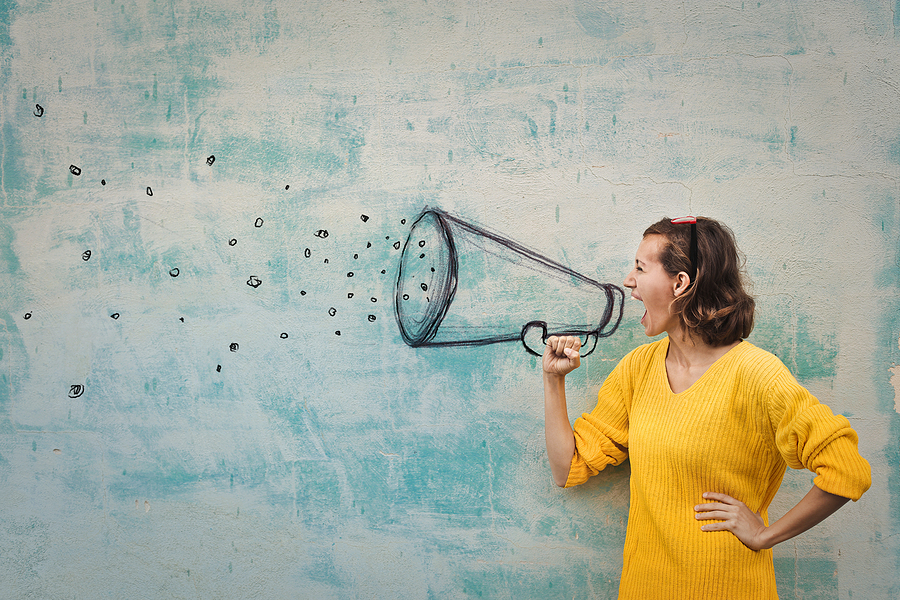We live in a world filled with sounds, from the chirping of birds to the hum of a city. But not all sounds are safe for your ears. Whether it’s attending a concert, mowing the lawn, or even listening to music through your headphones, the noise you expose your ears to could have long-term effects on your hearing. So, how loud is too loud? It’s a question that many people don’t think about until it’s too late.
Understanding Decibels and Hearing Health
The key to knowing how loud is too loud lies in understanding decibels (dB), the unit used to measure sound levels. Normal conversation takes place at around 60 dB, which is completely safe for your ears. However, sounds over 85 dB can start to cause hearing damage if you’re exposed to them for long periods.
For instance, a lawnmower operates at about 90 dB, and if you’re using it without ear protection for a long time, your ears could be at risk. Even more concerning, a rock concert or a nightclub can easily reach 100 dB or higher, which can damage your hearing in just 15 minutes. This makes it crucial to keep an ear out for potentially harmful noise levels in everyday situations.
The Risk of Noise-induced Hearing Loss
Prolonged exposure to loud sounds can result in noise-induced hearing loss (NIHL). What’s even more concerning is that NIHL is irreversible. Once your hearing is damaged, it’s gone for good. Many people think that their ears will recover from loud noises just like their voice recovers after yelling. Unfortunately, that’s not the case.
Our ears have tiny hair cells that help us hear. When exposed to too much noise, these cells get damaged or die, and they don’t grow back. NIHL doesn’t always happen immediately—it can take years of exposure to loud environments before you notice a change. It’s essential to protect your hearing before the damage becomes noticeable.
Common Situations Where Sounds Are Too Loud
You might be surprised by how many everyday situations expose your ears to harmful noise levels. Here are a few common examples where you should consider ear protection:
- Concerts and sporting events: These can easily hit 100 dB or more, putting you at risk for hearing damage in just a short time.
- Power tools and lawn equipment: Machines like leaf blowers, chainsaws, and lawnmowers typically operate between 85 and 110 dB, making them a hazard during prolonged use.
- Music through headphones: Cranking up your favorite song can easily surpass 85 dB, especially with today’s high-powered headphones. Listening at maximum volume for extended periods can be dangerous.
Even in places you wouldn’t expect, like a busy restaurant or a crowded subway, sound levels can reach above 85 dB, which is a reminder to be cautious about noise exposure throughout your day.
Warning Signs Your Environment Is Too Loud
Knowing when the noise around you is too loud isn’t always easy. However, your body gives off warning signs that can help you identify when your ears are in danger. One of the most common signs is ringing in your ears after being in a loud environment. This condition, called tinnitus, often means your ears have been exposed to noise levels high enough to cause damage.
Another red flag is if you need to shout to be heard over background noise, or if you struggle to understand someone standing just a few feet away. If the noise around you drowns out a normal conversation, it’s likely too loud and could harm your hearing.
How to Protect Your Ears in Loud Environments
Thankfully, protecting your hearing doesn’t mean you have to give up all the activities you love. Simple precautions can go a long way in preventing hearing loss.
Start by investing in a good pair of earplugs, especially if you often attend concerts, work in loud environments, or use power tools. Earplugs don’t block out all sound but reduce noise to a safer level. If you’re someone who listens to music through headphones, consider noise-canceling options. These help you enjoy your music at lower volumes by blocking out background noise.
Taking breaks from loud environments is another way to protect your ears. If you’re at a loud event, try stepping outside for a few minutes to give your ears a rest. Even a brief break can make a big difference in the long run.
The Importance of Regular Hearing Checks
You may not think to get your hearing checked until you notice a problem, but regular hearing exams are essential for long-term ear health. Just like you schedule annual visits to the dentist or eye doctor, make sure you add hearing exams to your routine.
A hearing health exam can catch early signs of damage, allowing you to make lifestyle changes before it’s too late. If you’ve been exposed to loud environments or are concerned about your hearing, it’s never too soon to talk to a professional about a hearing test.

